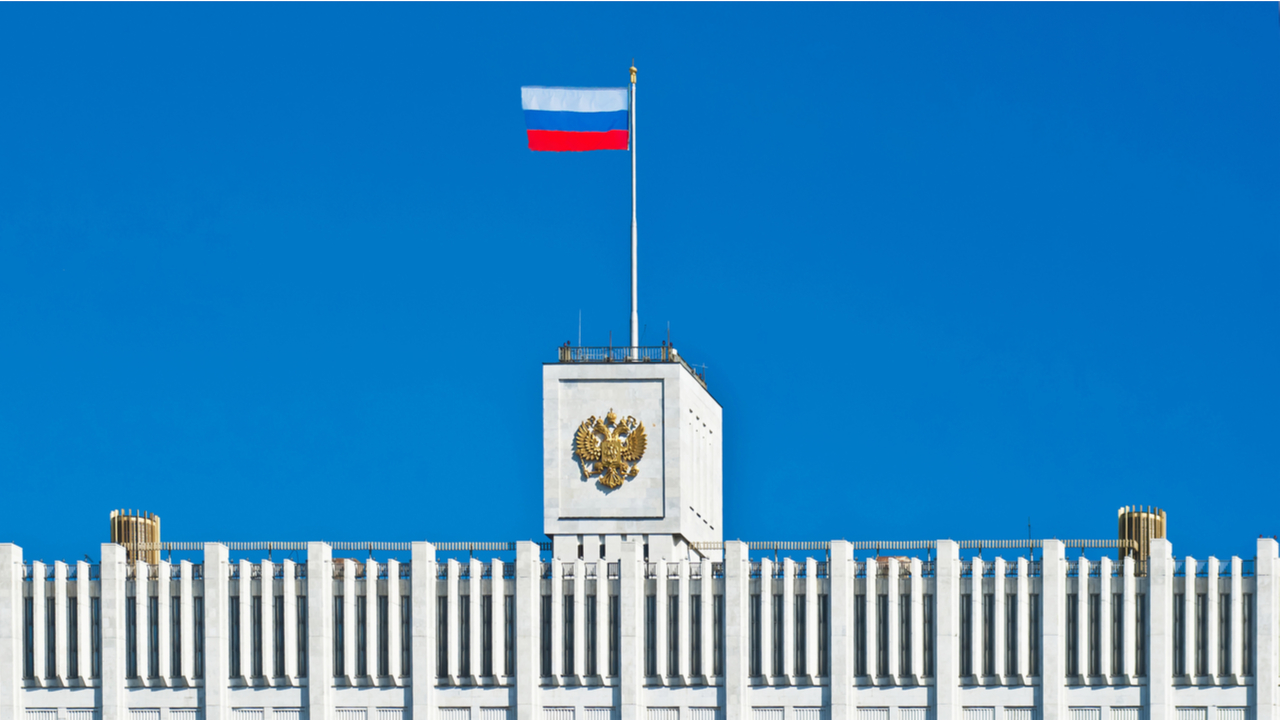
A roadmap on cryptocurrencies has been prepared by a number of ministries, regulatory bodies, and law enforcement agencies, Russian media reported. The document, which aims to regulate Russia’s crypto market by the end of this year, comes amid disagreements between the central bank and other government institutions about the future of decentralized digital money in Russia.
Moscow Moves to Adopt Rules for Cryptocurrencies After Putin’s Call
Soon after Russian President Vladimir Putin urged government officials to reach a consensus on how to regulate cryptocurrencies, Deputy Prime Minister Dmitry Chernyshenko has reportedly signed a roadmap to regulate, rather than ban, crypto operations in Russia as early as this year. The business news portal RBC broke the news, quoting a copy of the document and a source close to the working group that produced it.
According to the report, the plan has been drafted by representatives of the ministries of finance, economic development and digital development, the country’s financial watchdog and revenue service, as well as the Central Bank of Russia (CBR). The Prosecutor General’s Office and the Federal Security Service (FSB) also took part in the process.
The goals listed on the roadmap have been supported by all participants, except the CBR. Last week, Bank of Russia shared its view on the matter in a consultation paper. It called for imposing a blanket ban on crypto-related activities, including payments, exchange and mining, citing threats to the nation’s financial stability and risks for its citizens.
The monetary authority’s hardline stance was met with opposition from other Russian institutions. The Finance Ministry insisted that prohibiting cryptocurrencies is impossible and regulation is needed to limit the risks and increase budget revenues through taxation. Ivan Chebeskov, who heads the ministry’s Financial Policy Department, emphasized:
Regulation will only provide the transparency that will ensure the protection of citizens.
Regulations Proposed by Russian Finance Ministry Deemed Compliant With FATF Standards
The treasury department put out its own regulatory concept. It suggests that all crypto-related transactions should be carried out through licensed Russian banks and registered exchanges and calls for introducing identity verification for Russian crypto owners. Minfin’s ideas were backed by Rosfinmonitoring, Russia’s financial watchdog. Quoted by Tass, the agency noted that “the proposal is conceptually compliant with the FATF standards.”
In accordance with the roadmap, the Ministry of Finance is expected to establish a control system for organizers, operators, and clients of peer-to-peer platforms by May. Financial authorities will also develop a regulatory regime for crypto service providers, determine the legal status of market participants and appoint a regulatory body.
By November, the FATF standards pertaining to virtual assets should be transposed into the Russian regulatory framework. And by December, the registration and reporting mechanisms concerning organizations facilitating the circulation of digital currencies in the Russian Federation must be finalized.
The next step will be to introduce legal liability for crimes involving cryptocurrencies, including administrative or criminal liability for evading the declaration of crypto transaction data. The government also wants to put in place a mechanism to verify the accuracy of the filed information on the ownership of digital assets. Reporting obligations will be incorporated into a new law.
Meanwhile, the Financial Market Committee at the State Duma, the lower house of Russian parliament, has started working on a bill to regulate cryptocurrencies, its Chairman Anatoly Aksakov told RIA Novosti. Once the draft legislation is finalized, it will be presented to the Finance Ministry and Bank of Russia for further discussion, the high-ranking deputy added.
Do you think Russia will implement the roadmap for cryptocurrency regulation? Tell us in the comments section below.
Comments
Post a Comment